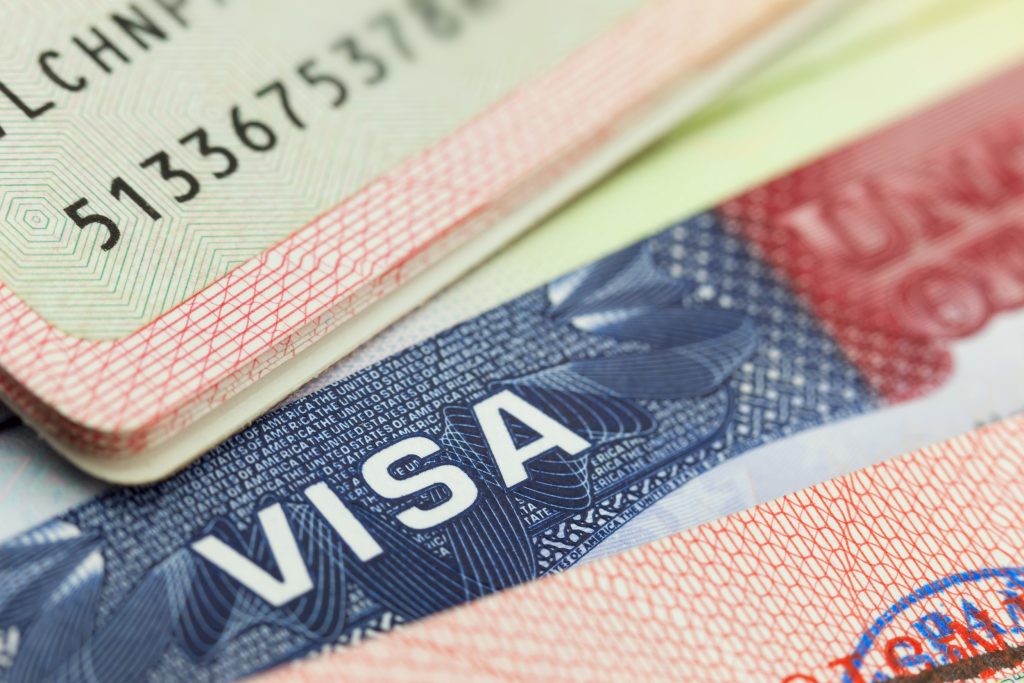A recent Department of Homeland Security (DHS) policy update warns that antisemitic activity on social media could disqualify foreign students from U.S. immigration benefits—including permanent residency. The change specifically calls out students at institutions like UC San Diego (UCSD), where campus organizations are already debating how to define and respond to antisemitism online.
DHS Policy Shift on Antisemitism and Immigration
- Effective Immediately: DHS now considers “publicly expressed antisemitic views” on social media as grounds for denying visas, green cards, and other immigration benefits.
- Targeted at Students: The policy highlights foreign nationals enrolled at U.S. universities—potentially affecting thousands of international students.
“It’s not only aggressive, it’s violent,” says Doris Bittar of the Arab American Anti-Discrimination Committee, warning that legitimate criticism of U.S. foreign policy could be mischaracterized as antisemitic.
Defining Antisemitism Online
Determining what constitutes antisemitism in social media posts remains contentious:
- State Department Definition: Includes “hatred of Jews” and certain negative perceptions of Israel—such as calling its existence “racist.”
- IHRA Framework: Many advocacy groups urge adoption of the International Holocaust Remembrance Alliance (IHRA) definition, which lists eleven examples of antisemitic expression to guide enforcement.
“If someone openly expresses hatred toward Jews or democratic values, we must question whether their presence strengthens or threatens our civil society,” explains Daniella Baird of Tritons for Israel at UCSD.
Campus Reactions at UCSD
- Student Voices: Israeli and Arab American student groups at UCSD debate how to balance free speech with preventing hate speech.
- Community Concerns: “A Jewish homeland is a wonderful aspiration—so is a Palestinian homeland,” says Bittar. “But silencing non-citizens with differing opinions undermines open discussion.”
Broader Impact and Next Steps
- Visa Revocations: The State Department reports over 300 visas revoked since similar guidance in March.
- Legal Uncertainty: Critics worry that the policy could be applied unevenly, targeting Arab or Muslim students who voice dissent.
- Call for Clarity: StandWithUs’s Liat Cohen-Reeis urges DHS to explicitly adopt the IHRA definition to ensure consistent application.
“The IHRA definition, adopted by over 40 countries and 1,200 institutions, provides clear examples to distinguish lawful criticism from unlawful hate,” Cohen-Reeis notes.
As universities and immigration authorities navigate these changes, international students and campus organizations alike will need clear guidelines to understand how online speech may impact their immigration status.

